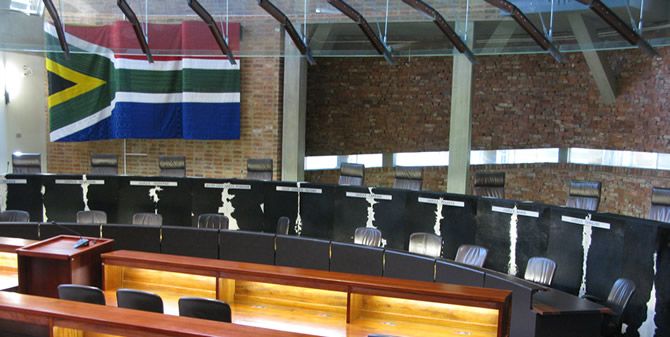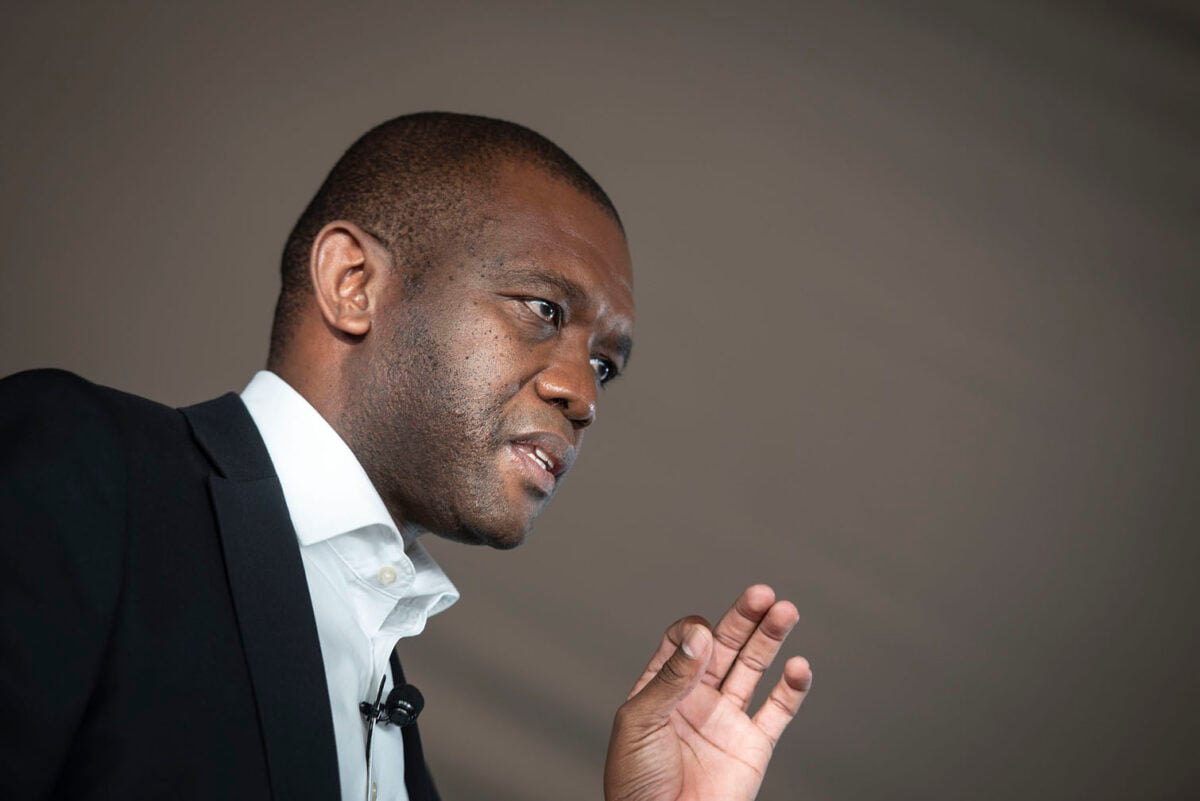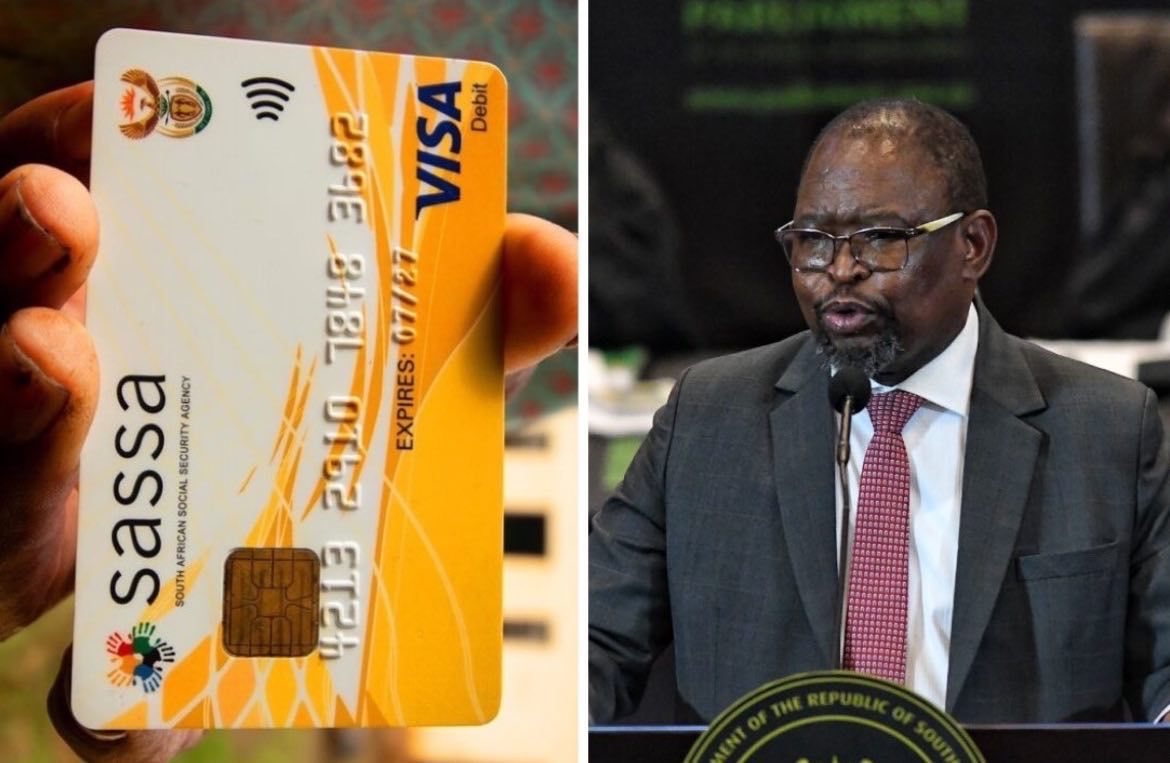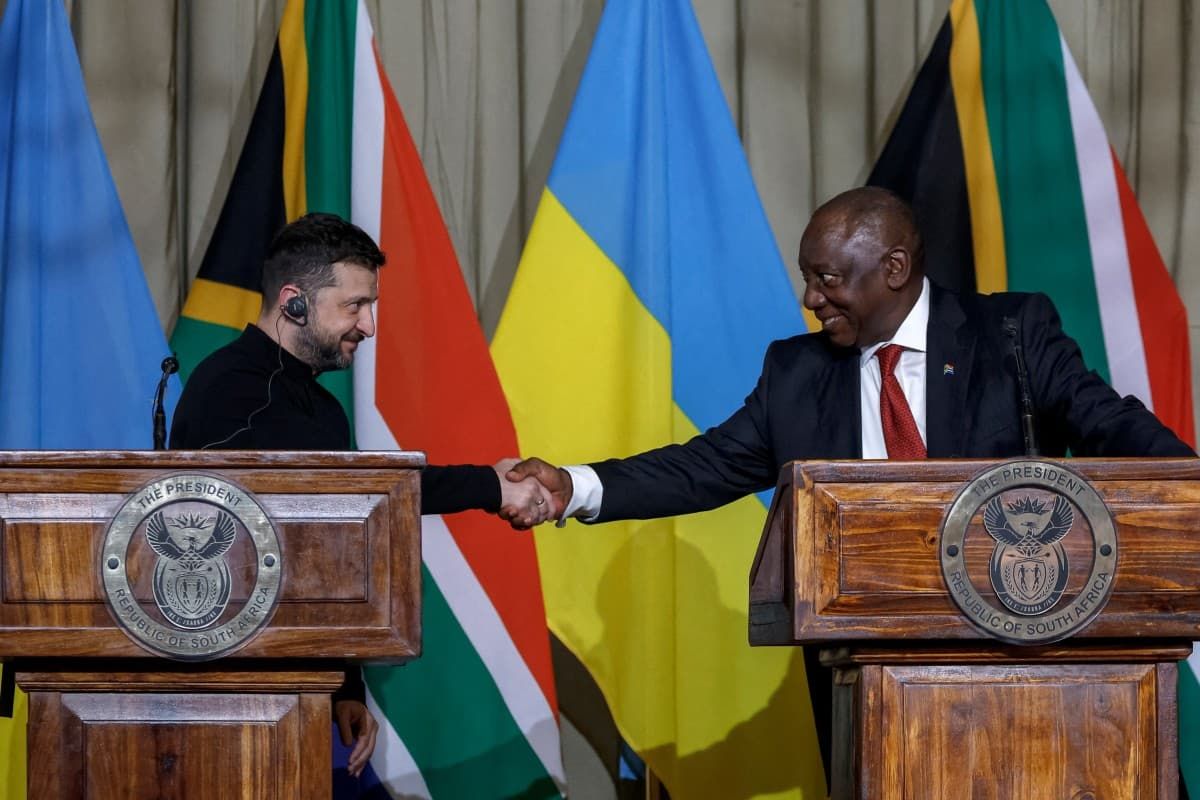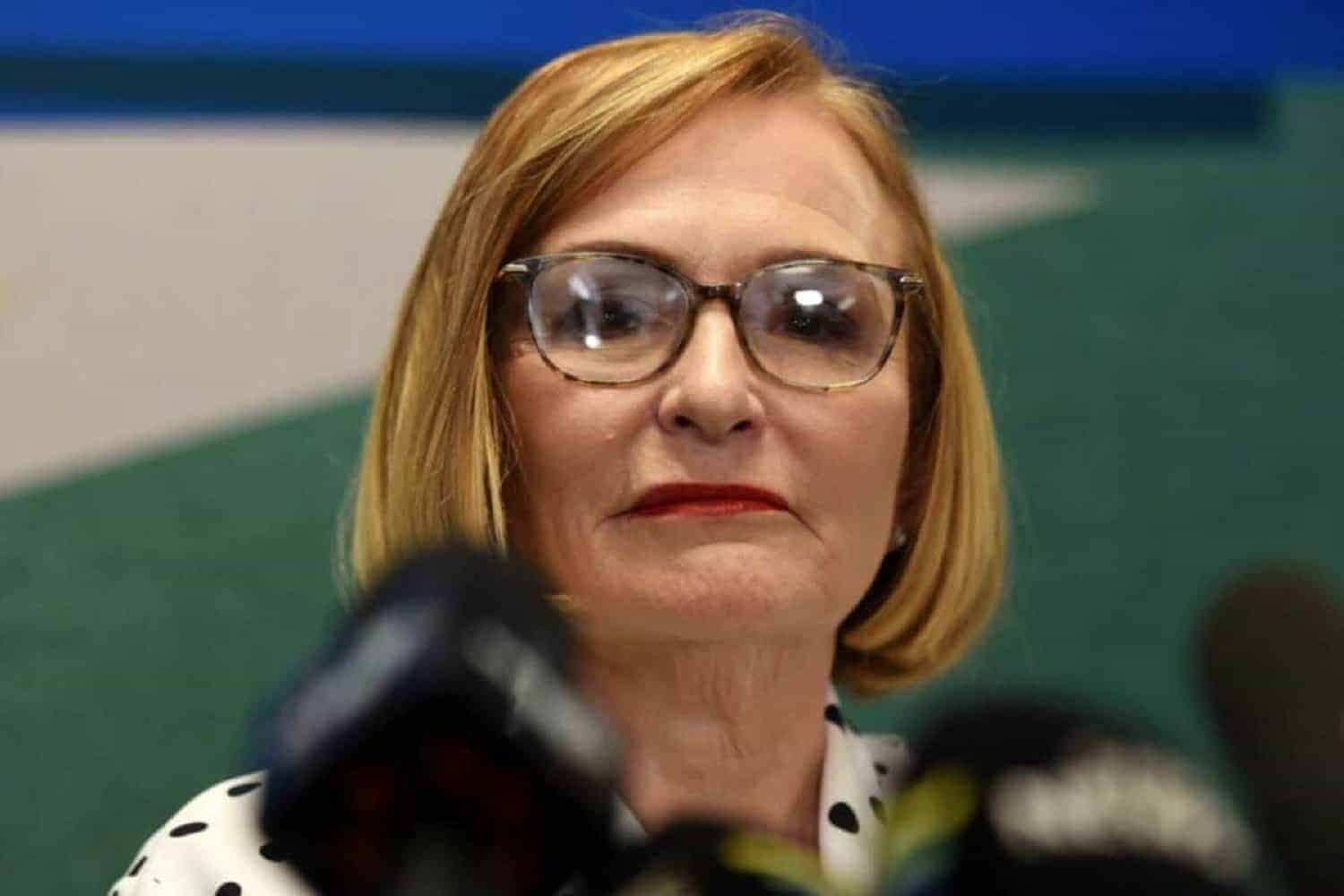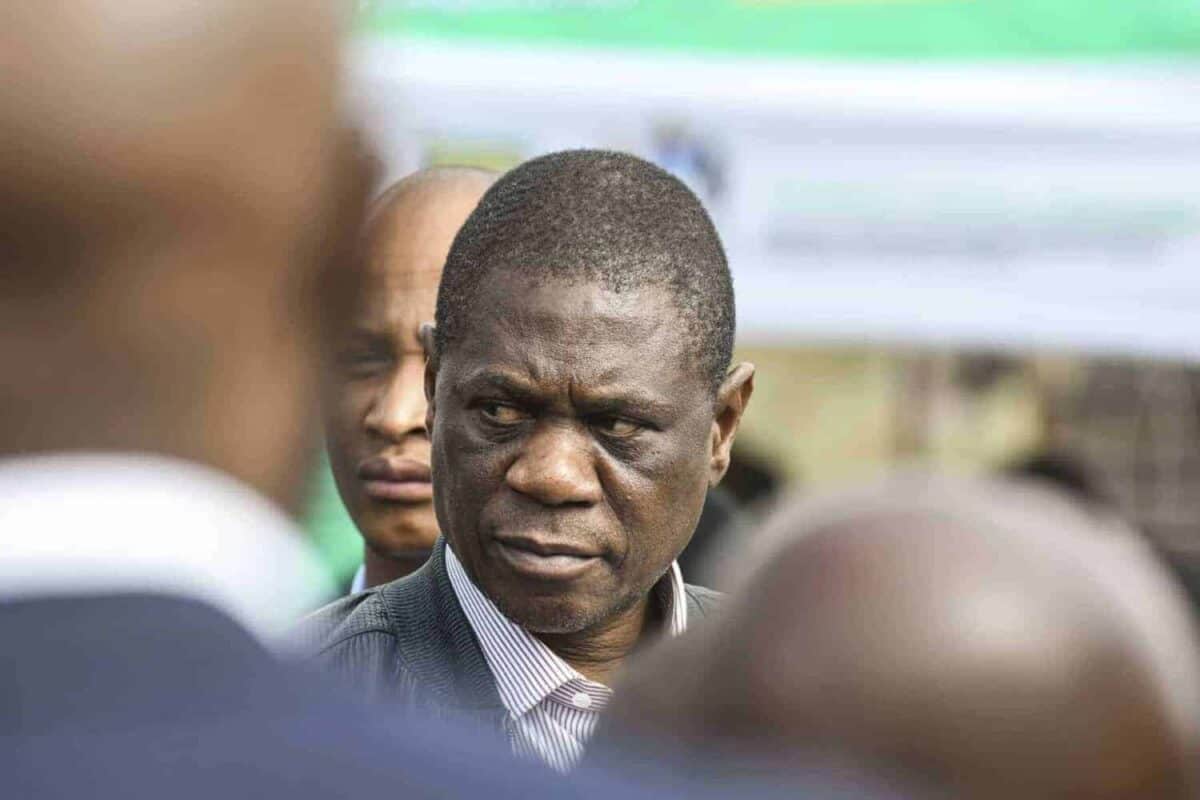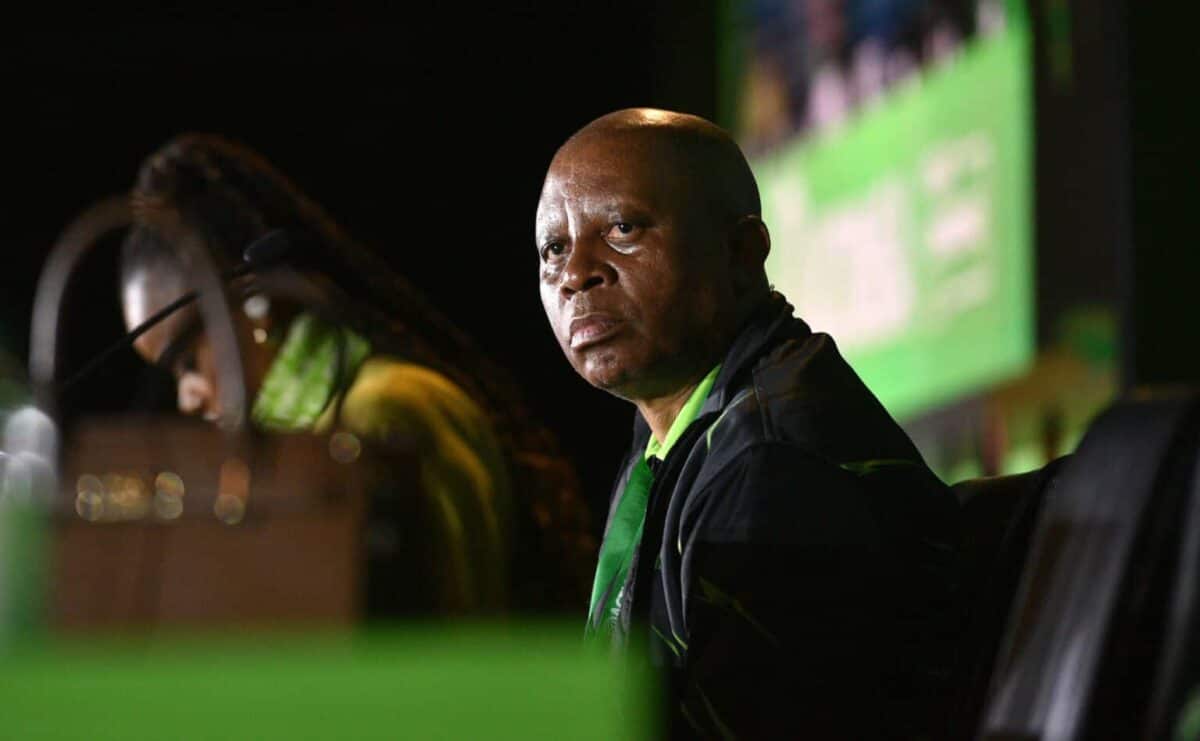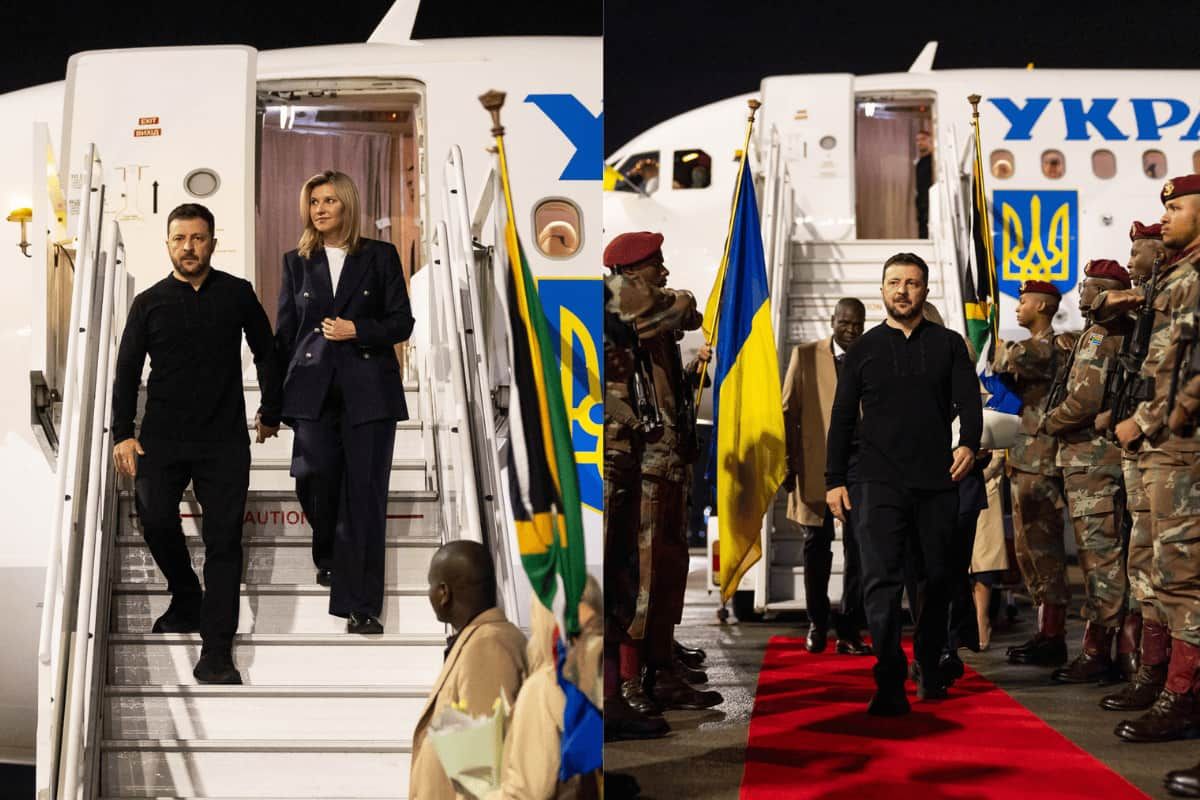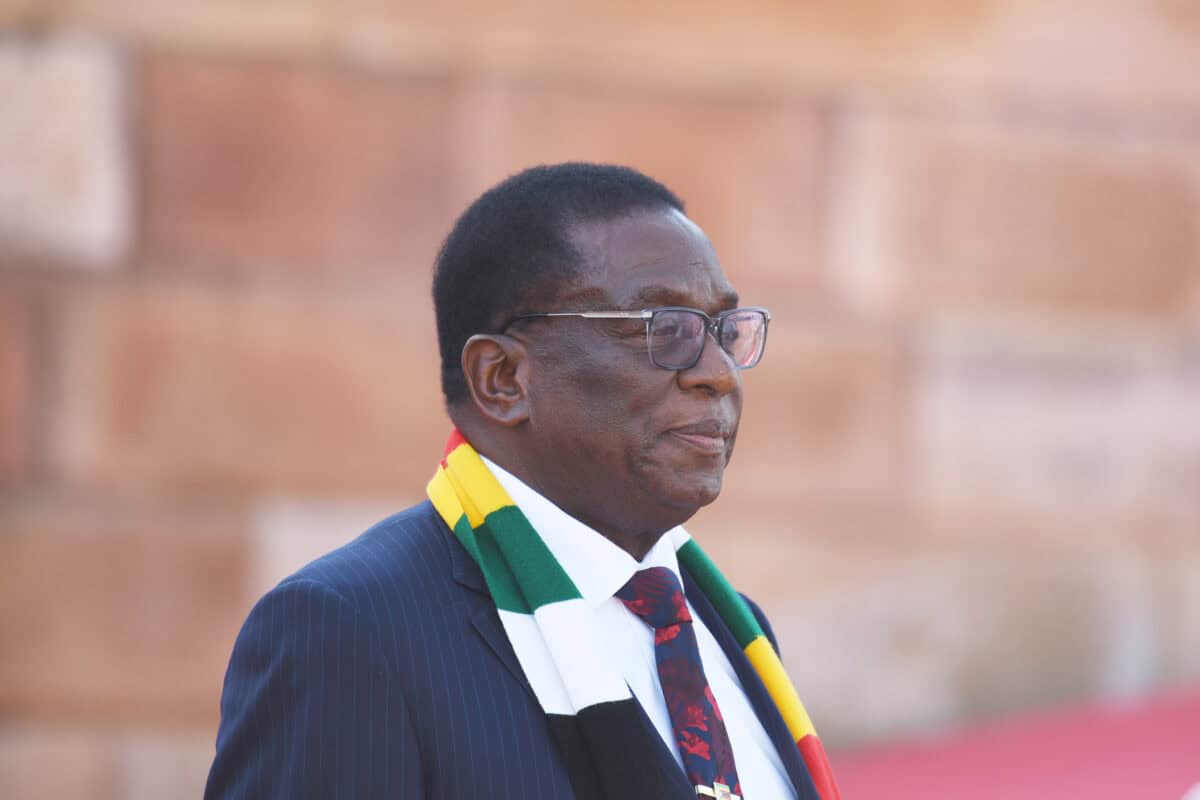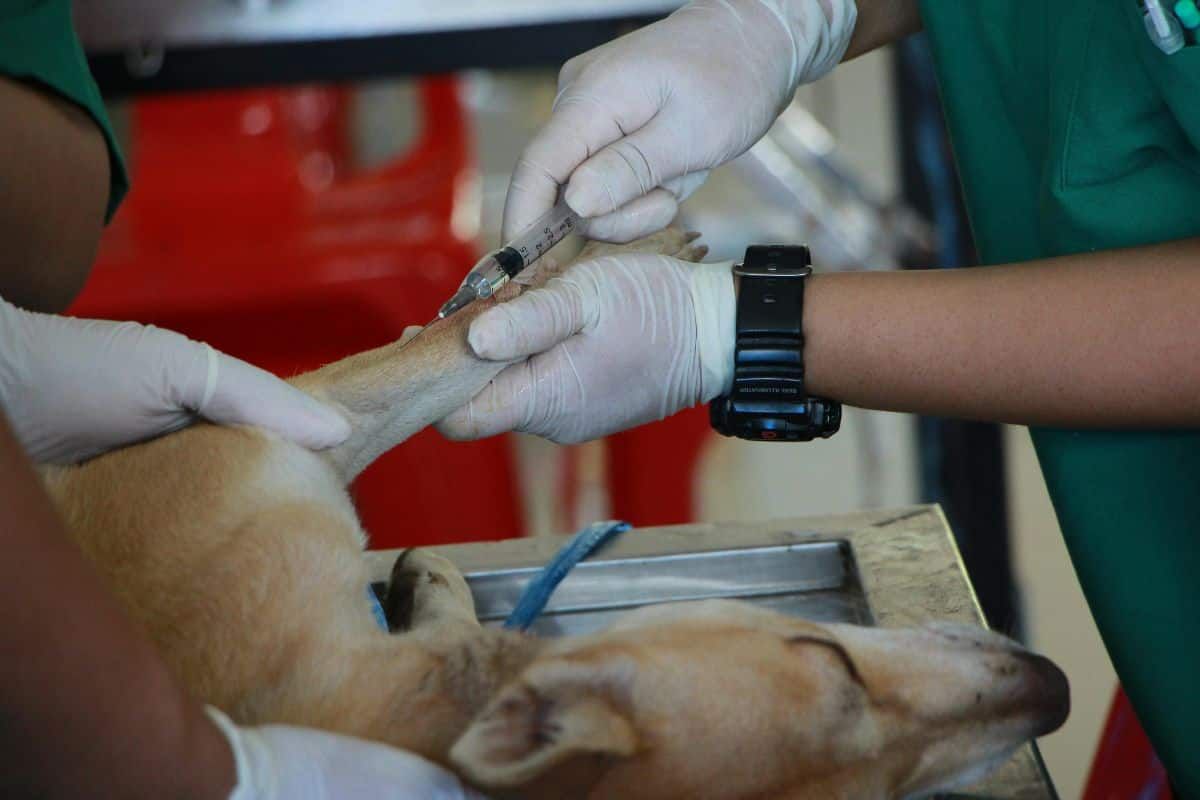President Cyril Ramaphosa has begun the process of appointing a new deputy chief justice of the Constitutional Court, which has been vacant since the promotion of Mandisa Maya to the chief justice position.
As part of the constitutionally mandated consultation process, four names have been submitted to the Judicial Service Commission and political party leaders in Parliament.
Here is a quick look at each of the candidates.
Dunstan Mlambo
Judge Dunstan Mlambo currently serves as the Judge President of the Gauteng Division of the High Court, appointed as such on 1 November. He holds an LLD degree honoris causa – University of Fort Hare; LLB – University of South Africa; B. Proc – University of the North (now University of Limpopo).
Notable Case: In 2017, he oversaw the pressing case that eventually forced former president Jacob Zuma to launch the State Capture Commission.
Zuma attempted to block the release and finalisation of the then-public protector Thuli Madonsela’s seminal State of Capture report. Mlambo’s historic decision led to the revelation of widespread wrongdoing at the top echelons of the government.
Mahube Molemela
Molemela is a justice of the Supreme Court of Appeal (SCA) and formerly served as the Judge President of the Free State Division – the first woman to hold that post.
Among her qualifications, she holds a BA degree: University of Fort Hare; B Proc: University of Fort Hare; Bachelor of Laws (LLB): University of the Free State; Master of Laws (LLM) (in Mercantile Law): University of the Free State.
Notable Case: She was instrumental in a well-known SCA case that dealt with the interpretation of customary law in succession cases, where the court acknowledged the customary law inheritance rights of women and children born outside of marriage.
Cagney John Musi
Musi is the current Judge President of the Labour and Labour Appeal Court. He has deep experience in labour law and has authored numerous judgments that have shaped the rights of workers and trade unions.
His qualifications include: Dipl Iuris (1985) University of the Western Cape; BA (Law): University of the Western Cape; LLB: University of the Western Cape; BA (Hon) Public Administration (1993): University of the Western Cape; LLM: University of Cape Town.
Notable Case: In the 2020 ruling against the Passenger Rail Agency of South Africa, Musi ruled in favour of dismissed workers, reinforcing the principles of fair labour practice and employer accountability.
Lazarus Pule Tlaletsi
Tlaletsi serves as the Judge President of the Northern Cape Division of the High Court. Quiet but influential, he is known for his firm stance on judicial ethics and human rights.
His qualifications include: BProc at University of Bophuthatswana (UNIBO); LLB at University of Bophuthatswana (UNIBO); CERT DEP (Unisa/LSSA).
Notable Case: He presided over a case that received a lot of attention – one that dealt with land restitution and traditional communities’ rights – and he issued a progressive ruling that upheld community land rights in a democratic South Africa.
Constitutional mandate and final steps
In his letter to the chief justice, Ramaphosa emphasised the critical role the deputy chief justice plays in maintaining the rule of law, constitutional democracy and justice, as well as in leading the judiciary.
Ramaphosa has informed chief justice Maya that he has also begun consulting with political party leaders in Parliament over this appointment, as required by the Constitution.
Who do you think is best suited to serve as the new deputy chief justice, and why?
Let us know by leaving a comment below, or send a WhatsApp to 060 011 021 1
Subscribe to The South African website’s newsletters and follow us on WhatsApp, Facebook, X and Bluesky for the latest news.
